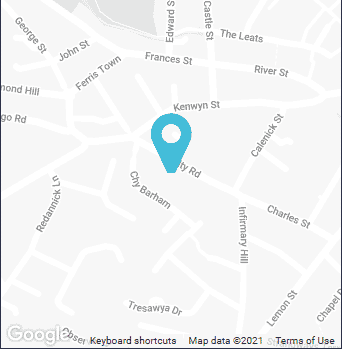Post-operative Information for Crown Lengthening
Periodontal surgery today has few complications and is usually uneventful. After leaving the practice you will need to rest. You will have minimal bleeding. After the surgical procedure, we would like to see you again within 5-7 days for a review and to remove any sutures if necessary.
Sutures: Sutures are usually placed to keep the tissue in place. You will either have dissolvable sutures that will come out by themselves in 4-6 days or you will have silk sutures that we will remove when we see you on your next visit.
Hygiene: The tissue in the area of surgery will be tender for several days. It is imperative to keep this area clean. Do not brush the area for the first 24 hours following oral surgery. Afterwards, gently brush just the tops and sides of the teeth being very careful not to get near the gum tissue. You will need to gently rinse this area 3-4 times daily with lukewarm salt water or Blue M mouth wash. You will receive further instructions at your next visit. Keeping the area clean will increase healing and decrease the chance of pain.
Medication: After your oral surgery the dentist will prescribe appropriate pain medications and antibiotics depending upon the procedure and your personal health history. If antibiotics are prescribed it is vital for you to complete the course of antibiotics to ensure proper healing. If pain medication is prescribed please take it as directed. If you have any nausea, allergic reactions or unusual symptoms please contact the practice immediately. Always read the instructions.
Diet: After any surgery it is important to stay well-nourished and hydrated. We recommend clear liquids preferably room temperature for the first 4-6 days following the procedure. Soft food and a high protein diet for the first week after surgery will help the healing process.
Activity: We recommend for you to limit your activities the day of the periodontal surgery. The more activity the more discomfort you can expect. When you do go to sleep, try to stay semi reclined and not flat. Sleep with at least 2 pillows and place a towel over your bed sheets in case you experience any bleeding during the night, which is to be expected.
Swelling: You may experience some swelling following oral surgery. You may use an ice pack in the affected area. Place the ice pack on your face 10 minutes on and 30 minutes off for the first day to minimise swelling.
Bruising: Some patients or those on long term aspirin or blood thinners may bruise following surgery. You may notice a late stage bruise on your cheek 3-5 days following surgery. It may take 7-10 days to fully go away.
Emergencies: If you experience anything unusual, have a reaction to the medication, continuous pain or need to ask any questions, please call Pure Dental on 01872 222404.
Using An Ice Or Cold Pack
Apply an ice or cold pack to the injured or sore area at least 3 times a day for as long as you have pain, swelling, and inflammation. For the first 72 hours, ice for 10 minutes, once an hour. After that, use ice for 15 to 20 minutes, 3 times a day: in the morning, in the late afternoon after work or school, and about one-half hour before bedtime. Also, ice after any prolonged activity or vigorous exercise. Always keep a cloth between your skin and the ice pack, and press firmly against all the curves of the affected area. Do not apply ice for longer than 15 to 20 minutes at a time, and do not fall asleep with the ice on your skin. Commercial cold packs are too heavy and bulky for use on or around the eye. Be careful around the eye to prevent a chemical burn to the eye if a pack leaks.






